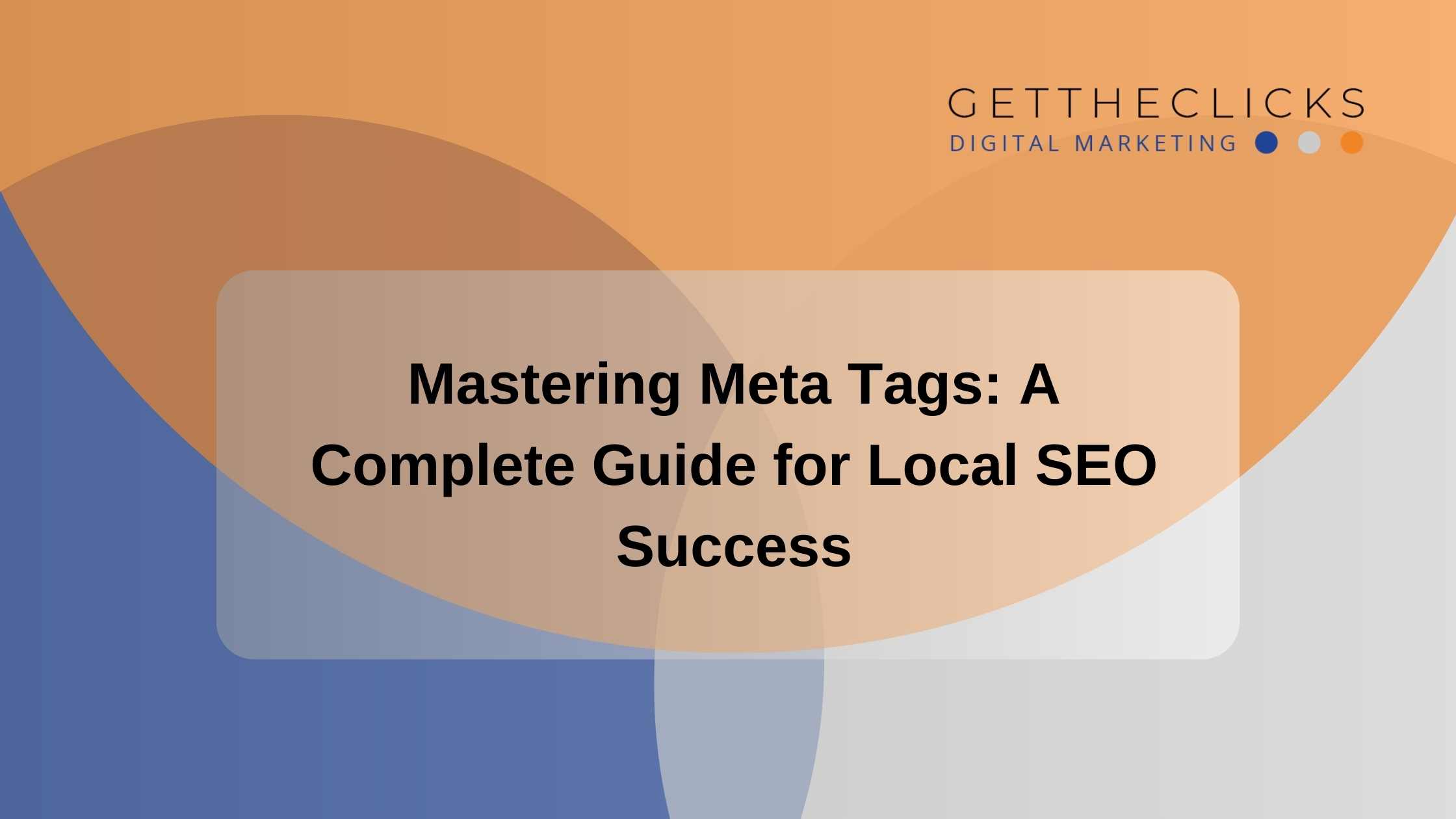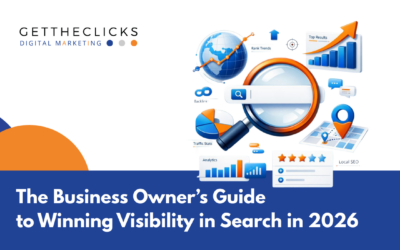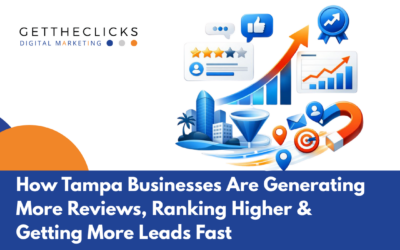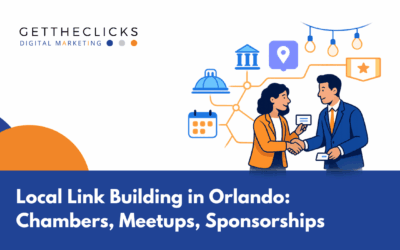One of the biggest challenges local businesses face is standing out in today’s super-competitive online market. Most consumers are searching online for products and services near them, so a solid local SEO strategy has never been more important. Using meta tags is one of the most basic yet often overlooked parts of local SEO. These tiny pieces of HTML code significantly impact how search engines read a page’s content and how users interact with search results.
In this guide, we will explore the different types of meta tags and how they help with local search visibility. Local businesses can improve their online visibility by learning how to optimize title tags, meta descriptions, header tags, and social media tags. Whether you are a seasoned marketer or a small business owner looking to boost your local SEO, this post will give you the knowledge and tools to master meta tags and local SEO.
What Are Meta Tags and Why Are They Important for Local SEO Efforts?
Meta tags are the building blocks of a webpage’s HTML structure. They provide information to both search engines and users. Basically, meta tags help search engines understand a webpage’s content and relevance to local searches.
Optimized meta tags increase visibility and allow local businesses to communicate their unique offerings and locations to a targeted audience. This targeted optimization can lead to more engagement and, ultimately, more foot traffic and sales.
Definition and Types of Meta Tags
There are several types of meta tags, including title tags, meta descriptions, header tags, and social media meta tags. Each type conveys information about a webpage’s content and affects search engine rankings and user engagement. Understanding and using these tags is crucial for local businesses to attract and retain local customers.
Meta tags can be categorized into:
- Title Tags: These are the title of a webpage and appear as the clickable headline in search engine results. Title tags affect both user engagement and SEO, as they directly impact click-through rates.
- Meta Descriptions: These are brief summaries of a webpage’s content that appear below the title in search results. A good meta description can entice users to click through to the webpage.
- Header Tags (H1, H2, etc.): These tags structure a webpage’s content, highlighting important keywords and organizing information hierarchically. Proper use of header tags improves readability and helps search engines understand content relevance.
- Social Media Meta Tags: These control how content appears when shared on social media, so images, titles, and descriptions are displayed nicely to engage users.
How Meta Tags Affect Local Search Rankings
Title tags and meta descriptions are essential for mastering local SEO. They provide search engines with information about a webpage’s content and its relevance to local queries. A well-optimized title tag with local keywords can boost a business’s visibility in search engine results pages (SERPs).
Header tags and social media meta tags also affect local search rankings. By placing essential keywords in header tags, businesses can signal relevance to search engines. Social media meta tags control how content is displayed on social platforms, which can increase user engagement and drive traffic back to the website.
In the end, optimized meta tags can increase local search visibility and targeted traffic for local businesses.
Tips: Meta Tags for Local SEO
To achieve a successful local SEO strategy, businesses should optimize meta tags for local SEO by taking note of the following:
- Title Tags: Keep it short and sweet, and include the primary keyword and location. A title tag like “Best Pizza in Brooklyn | Joe’s Pizzeria” can improve local relevance.
- Meta Descriptions: Summarize the webpage’s content and include local keywords. Add a call to action to encourage users to click through.
- Header Tags: Organize content logically and highlight important keywords. For example, an H1 tag can say, “Top-Rated Local Florist in Seattle,” and H2 tags can break down the services offered.
- Social Media Meta Tags: Tailor these so that when content is shared on social media, it looks nice and informative while encouraging more engagement.
Title Tags and Meta Descriptions for Local SEO
Title tags and meta descriptions work if they grab attention and are clear. Title tags should be short, informative, and include the primary keyword and location. For example, a title like “Affordable Home Cleaning Services in Denver” is direct and SEO-friendly.
Meta descriptions should also be precise. They should provide a clear and enticing summary of the web page’s content and include the primary keyword and location. A good description can increase click-through rates and, thus, search engine rankings.
Header Tags, Image Alt Attributes, Social Media Meta Tags
Header tags should be used to structure content and highlight important keywords. This hierarchical organization helps users navigate, and search engines index the content correctly.
Also, optimizing image alt attributes is important. These should include target keywords and provide context for the images, which is crucial for accessibility and SEO.
Social media meta tags should be optimized so that when content is shared on social media, it looks presentable and engaging. Properly formatted social media previews can increase user engagement and drive traffic back to the website.
Meta Tag Optimization Mistakes to Avoid
Here are the common mistakes to avoid:
- Duplicate Tags: Using the same title tags and meta descriptions across multiple pages can confuse search engines and dilute SEO. Each page should have unique meta tags to optimize visibility.
- Keyword Stuffing: Overloading meta tags with keywords can get you penalized by search engines and result in poor user experience. Meta tags should be written in natural language and user-centric content.
- Ignoring Mobile Users: With mobile users making up a big chunk of web traffic, not optimizing meta tags for mobile can result in a poor user experience and negatively impact SEO.
Tools and Resources to Write and Optimize Meta Tags
Here are the tools to help you write and optimize meta tags:
- Google Search Console: This tool allows you to monitor performance and see how your title tags and meta descriptions are performing. Google Search Console gives you feedback on how your title tags and meta descriptions are performing so you can identify areas to improve.
- SEMRush and Moz Pro: These all-in-one SEO tools have features to manage and optimize meta tags based on target keywords and competition analysis. They give you recommendations based on competition analysis so you can optimize your meta tags to match industry standards and user expectations.
- Yoast SEO: This plugin is useful for WordPress users. It makes it easy to manage meta tags and gives real-time feedback on optimization.
Meta Tags on Different Platforms
Different platforms have different capabilities to implement and optimize meta tags.
- WordPress: Uses plugins like Yoast SEO to manage meta tags so users can easily customize tags for SEO.
- Shopify: Has built-in features to edit meta tags for products, collections, and pages so users can target optimization.
- Squarespace: Its interface is easy to use and allows users to manage meta tags without needing plugins.
- Wix: Has improved its SEO features so users can customize meta tags easily.
Local SEO Strategy and Tips
Building a Local SEO Foundation
Optimized meta tags are key to local SEO success; they’re the first point of contact between potential customers and the business during local searches. At the same time, good content that’s relevant to the local audience increases trust and credibility and further boosts SEO.
A mobile-friendly website is also important for a good user experience, which can impact local search rankings. Overall, businesses that focus on these will get more local market share.
Citations, Reviews, and Social Media for Local SEO
Citations, reviews, and social media are essential components of local SEO, providing social proof and local search visibility. Local businesses should be active in these areas to strengthen their online presence.
- Citations: Verifies the business to search engines and improves local search rankings.
- Reviews: Positive reviews provide social proof, make businesses more attractive to potential customers, and increase visibility in local searches.
- Social Media: Being active on social media allows local businesses to connect with their audience, boost their online reputation, and drive traffic to their websites.
Putting It All Together: Local SEO Tips
Mastering local SEO is crucial for small businesses to enhance their online visibility within their local communities.
To succeed in local SEO:
- Optimize meta tags for clarity and relevance.
- Create good content that speaks to the local audience.
- Have a mobile-friendly website with on-page optimization
- Be active in building citations and reviews.
By adhering to these best practices, local businesses can effectively navigate the complexities of SEO, driving engagement and fostering growth within their communities.





